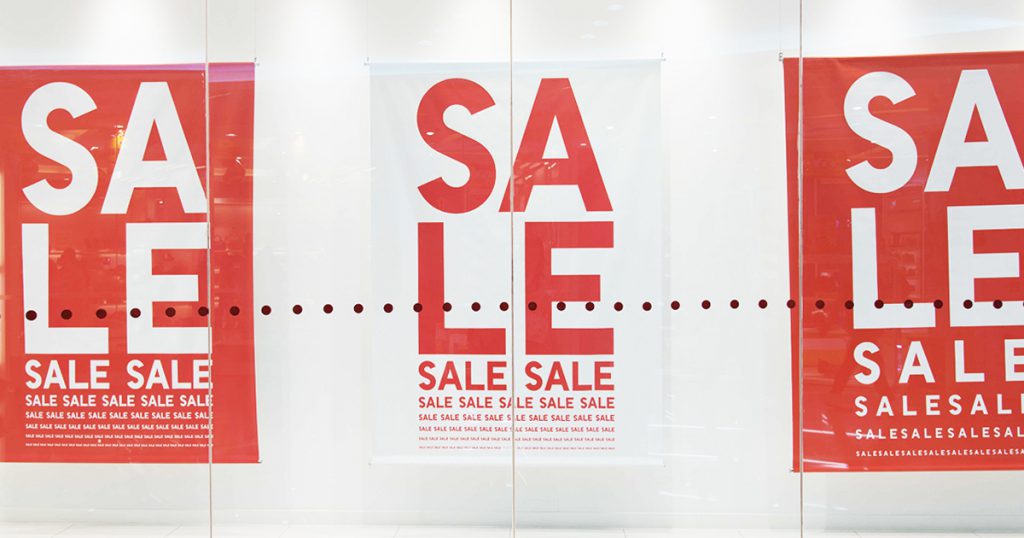Hidden fees and misleading promotions are common enough that consumers are frequently wary.
We often find ourselves skeptical about deals that sound too good to be true, although we still hang on to a bit of hope that they won’t disappoint.
The Competition and Consumer Commission of Singapore (CCCS) wants to weed out such practices that have instilled consumers with years of trust issues.
Yesterday (30 September), CCCS released their draft guidelines on price transparency to set out the perimeters for acceptable practices.
It is currently open to public consultation until 21 October 2019.
Here’s what businesses will have to take note of.
Just Be Honest
Under their draft guidelines, CCCS highlights “drip pricing” methods, in which the actual cost of a product or service turns out to be higher than advertised because of additional fees that are not clearly disclosed.
Businesses should ensure that additional mandatory charges are included in the advertised price from the start.
For example, hotels will have to include their mandatory cleaning fees into the displayed price per night for a room, instead of adding it on later.
CCCS also advises businesses to refrain from using pre-ticked boxes that require consumers to opt-out from additional services.
Or if pre-ticked boxes are used, they must at least be displayed conspicuously, with the additional charges clearly spelled out.
Businesses are allowed to use price comparison to show that their goods cheaper than competitors’, as long as they ensure their competitors’ prices are accurately represented.
Trying to pass off comparing different product models or outdated prices from competitors can be considered an infringement of the Consumer Protection (Fair Trading) Act (CPFTA).
When it comes to sales and discounts, businesses must not falsely inflate their original prices to mislead consumers to think they’re enjoying a large price cut.
They will also have to start ensuring that qualifying terms like “from” and “up to” are made prominent and readable.
The specific time period for a promotion must be displayed accurately and adhered to. If there is legitimate reason to change the duration, businesses are expected to withdraw or amend their advertisement as soon as possible.
CCCS also touches on offering free products and services.
When offering free gifts bundled together with a purchase, businesses cannot raise the usual price of the paid item to include the cost of the ‘free’ gift.
They may be found infringing this if a subscription that usually costs $300/month is now being offered at $400 for the first month along with a ‘free’ gift worth $100, for example.
Businesses will also be responsible for prominently displaying the terms and conditions of free items, and notifying customers with clear instructions for cancellation before their free trials end.
Up till now, many of these “don’ts” have been quite commonly seen in stores.
Hopefully with a set of guidelines formalised, businesses will be keeping their pricing and promotional strategies honest to give consumers exactly what they think they’re getting, and nothing less.
Featured Image Credit: Fingent











